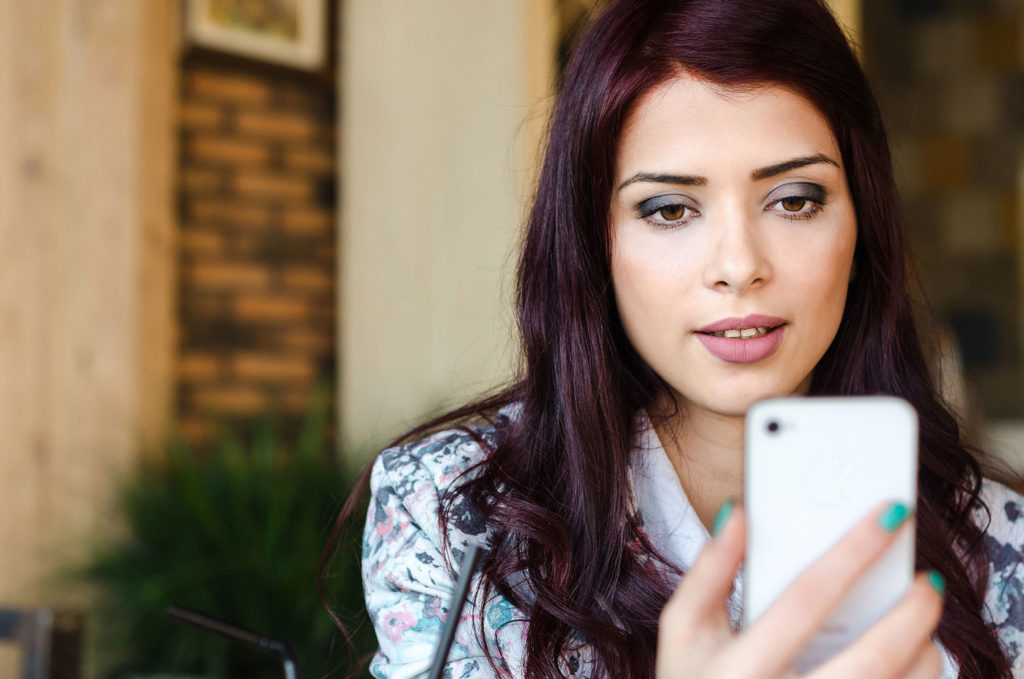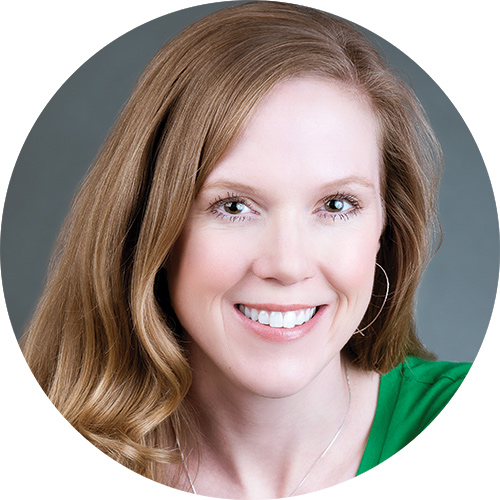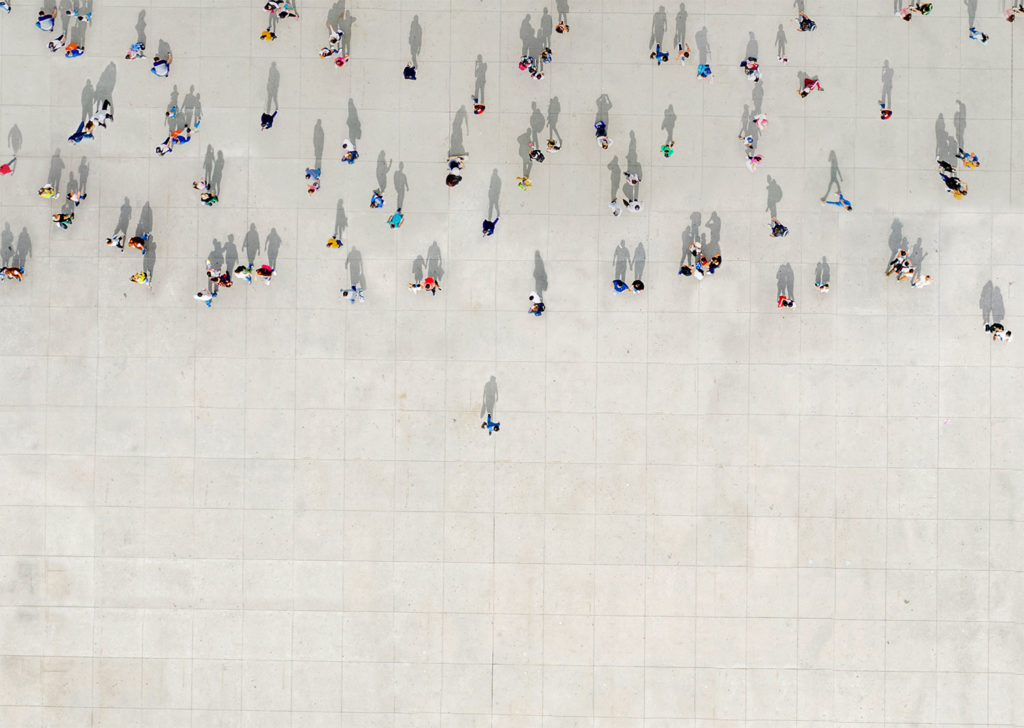Worldwide pandemic or not, recovery must come first. No matter what, we must continue to follow healing principles.
By Meadows Senior Fellow Jenni Schaefer
“Connect, connect, connect,” therapists have told me far more times than I can count.
Isolation is what kills when it comes to eating disorders.
Trauma is disconnection. Recovery is connection.
Depression thrives in solitude, so support saves.
Enter a worldwide pandemic. Now what?!
Over a decade ago, Ed (a.k.a. my “eating disorder”) would have used the coronavirus as a perfect excuse to keep me holed up in my own personal quarantine of disaster and destruction. Depression would have wholeheartedly agreed: “You can’t reach out for support. It isn’t safe.” Years later, trauma, stuck on high alert, surely would have chimed in: “Yes, connecting is life-threatening. It could kill you.”
Has Ed — or another mental illness — hijacked the pandemic to strengthen its agenda? The first step is to see it. I wouldn’t be surprised to hear Ed spout off any of the following:
“It’s okay to binge because this is an extra stressful time. You can stop when COVID-19 stops.”
“Don’t eat. There is a food shortage.”
“Purging — just for now — is acceptable. You have to manage your extra high anxiety somehow.”
Here’s a key tip: If Ed is opening his mouth, he is lying.
Over a decade ago, Ed (a.k.a. my “eating disorder”) would have used the coronavirus as a perfect excuse to keep me holed up in my own personal quarantine of disaster and destruction.
Worldwide pandemic or not, recovery must come first. No matter what, we must continue to follow healing principles. This means, in part, doing recovery from six feet away, which is how far the Centers for Disease Control and Prevention has asked us to separate from others. The buzzword phrase is “social distancing,” and it is meant to prevent the spread of the virus. It is not a free pass to relapse (as Ed would have told me).
This is a time to get creative. We can practice flexing our black-and-white thinking muscles all the way to some gray flexibility. More than ever, this is the time for technology to shine. Maybe we can’t attend a support meeting in person, but we can go to virtual meetings. The follow list is just a handful of available options.
Online and Phone Support Meetings
- Eating Disorders Anonymous Online Meetings – Eating Disorders Anonymous (EDA) promotes balance, not abstinence. Unlike drugs and alcohol, we can’t abstain from food. EDA celebrates milestones rather than counting specific days of recovery. Why not make your milestone attending your first virtual meeting?
- Eating Disorders Anonymous Phone Meetings – If you are doing well in your own recovery, consider becoming a sponsor in EDA. As the world slows down for many of us, consider using any extra time to lend a hand to others in need. We can’t hold someone’s hand physically right now, but we can always hold their hope.
- Alcoholics Anonymous Online Meetings – In my life, open meetings of Alcoholics Anonymous (AA) have made all of the difference, even though I don’t struggle with substance use disorder. AA isn’t about drinking, it’s about living. Those who don’t struggle with the disease of alcoholism are welcome to observe in open meetings.
- Co-Dependent’s Anonymous Online Meetings – Anyone struggle with people pleasing? (Insert raising-hand emoji here). Co-Dependent’s Anonymous (CoDa) can help. As countries are tightening up borders, consider using this time to strengthen your personal ones. Remember that boundaries can be flexible, allowing the good in and keeping the bad out. Previously, Ed had translated “boundary”’ to mean “brick wall.” (No surprise that Ed was wrong — again.)
- Al-Anon Electronic Meetings – A program for families and friends of those who struggle with alcohol, Al-Anon can be a lifesaver in times of distress. Years ago, I broke off a wedding engagement with a man who knew alcohol well, and Al-Anon was my first stop after handing back the ring. I cried the entire meeting, barely able to speak. The people of Al-Anon “get it,” no words necessary.
- The Alliance for Eating Disorders Awareness – This national non-profit is offering free, weekly, online check-ins with Johanna Kandel, Founder and CEO of The Alliance, with clinical oversight, to support group members across the country. Learn more here.
If you can’t find a meeting that fits what you need, start one! Create your own meetings using Zoom, GoToMeeting, or another platform. We could certainly use more 12-Step and other support meetings that focus on healing from trauma and PTSD. Years ago, I had to travel over 1,000 miles from my hometown of Austin, Texas, to meet others with trauma who “got it” in a PTSD-specific treatment program.
All the new social distancing rules are stressful, especially for extroverts and those in recovery who rely on community support. Fortunately, with our smart phones, we can quite literally keep recovery in our pockets. Sharing apps with friends at a restaurant might not be an option right now, but connecting over mobile apps still is, so use this downtime to explore these helpful applications.

Recovery-Related Mobile Apps
- Recovery Record – Based in evidence, Recovery Record enables those with eating disorders to connect, not only with others who get it, but also with treatment professionals. You can even take a picture of your plate and send it to your dietitian.
- Recovery Warriors – In addition to the Rise Up + Recover mobile app, Recovery Warriors host a plethora of online classes and ways to connect, including book groups.
- Social Media – Social media platforms sometimes get a bad rap, but right now pro-recovery social media pages can be essential tools. You might even consider starting your own recovery community using private groups.
A lot seems impossible — until we do it. And we do the impossible all of the time.
If maintaining recovery on an average day seems like a herculean feat, keeping it together during a worldwide pandemic may seem impossible.
On the morning of September 11, 2001, Ed tried to pull me deeper into his abyss of misery as unspeakable tragedy overtook our country. Gratefully, with the help of my treatment team, I came to see Ed’s tactics. With the help of my recovery friends who held my hope when I couldn’t, I took action. Through staying connected, we fueled each other’s stick-to-itiveness.
Nearly two decades later, I am fully recovered from my eating disorder, and so are many of my friends. In 2001, my phone was not “smart,” but gratefully, our collective mind was smarter than Ed. Today, my phone’s IQ has shot up, and, in spite of everything, we still have each other
A lot seems impossible — until we do it. And we do the impossible all of the time.

About Senior Fellow Jenni Schaefer
A Senior Fellow with Meadows Behavioral Healthcare and an advocate for its specialty eating disorders program, The Meadows Ranch, Jenni Schaefer is a bestselling author and sought-after speaker. For more information visit JenniSchaefer.com.

